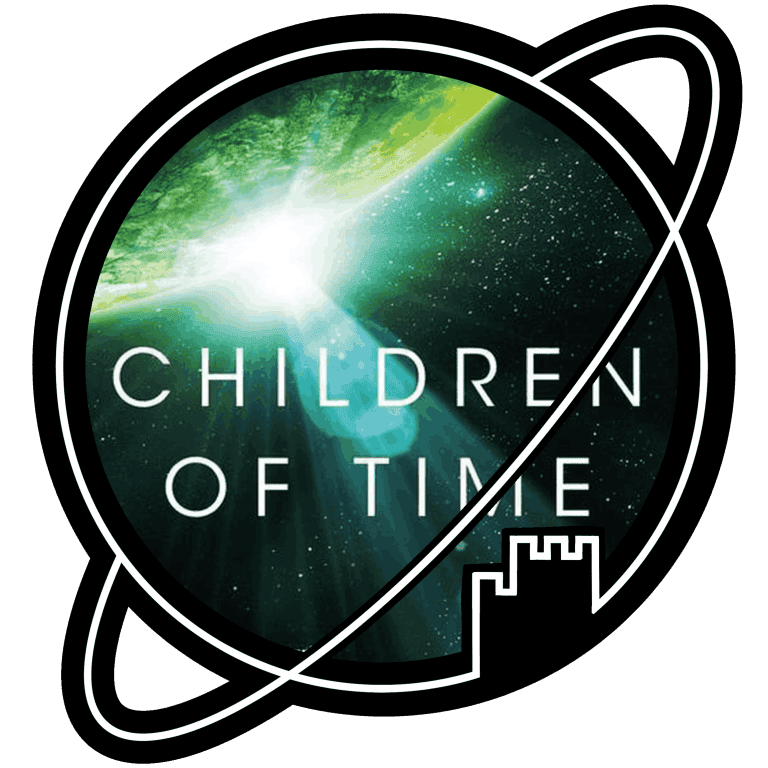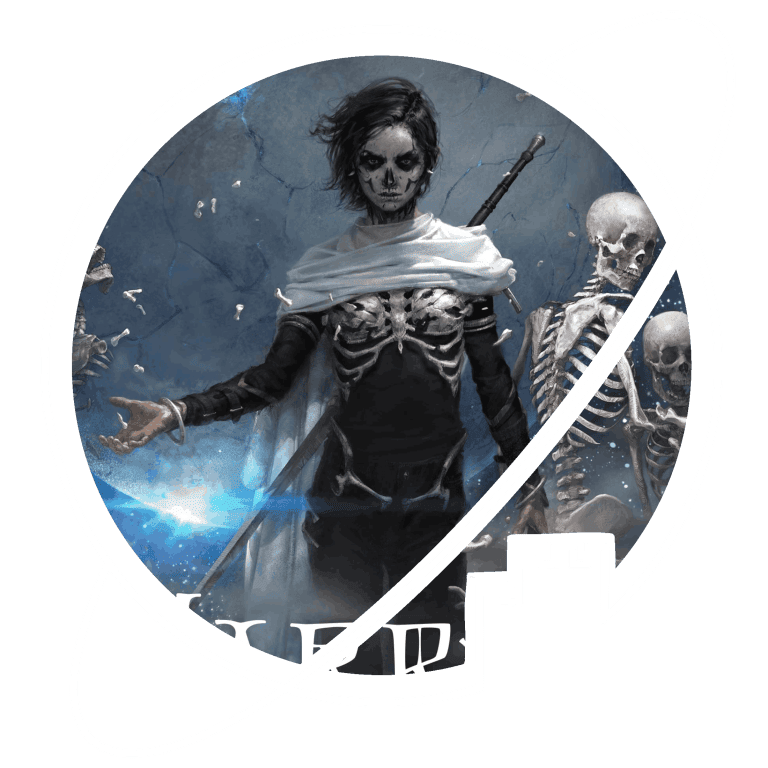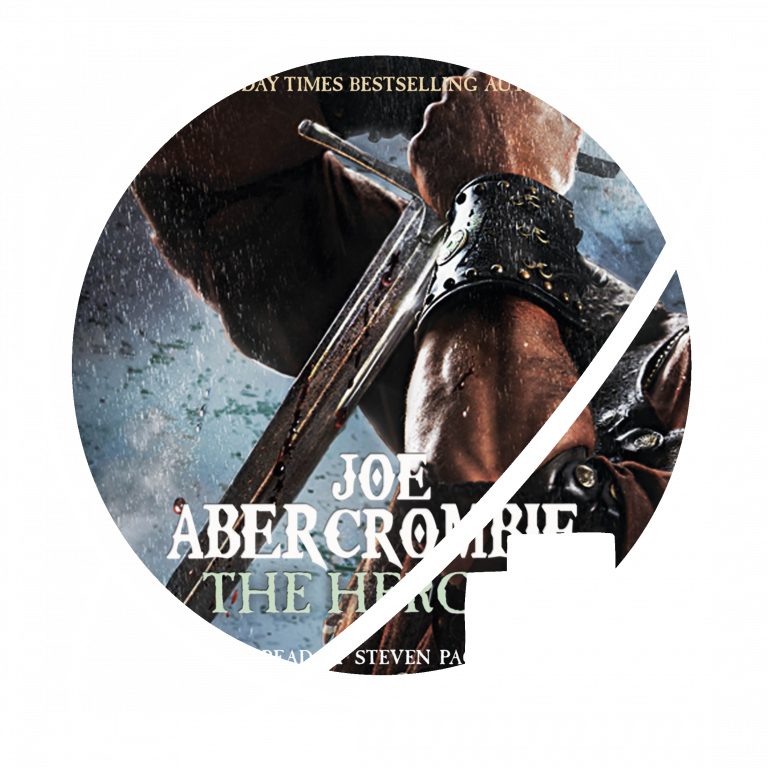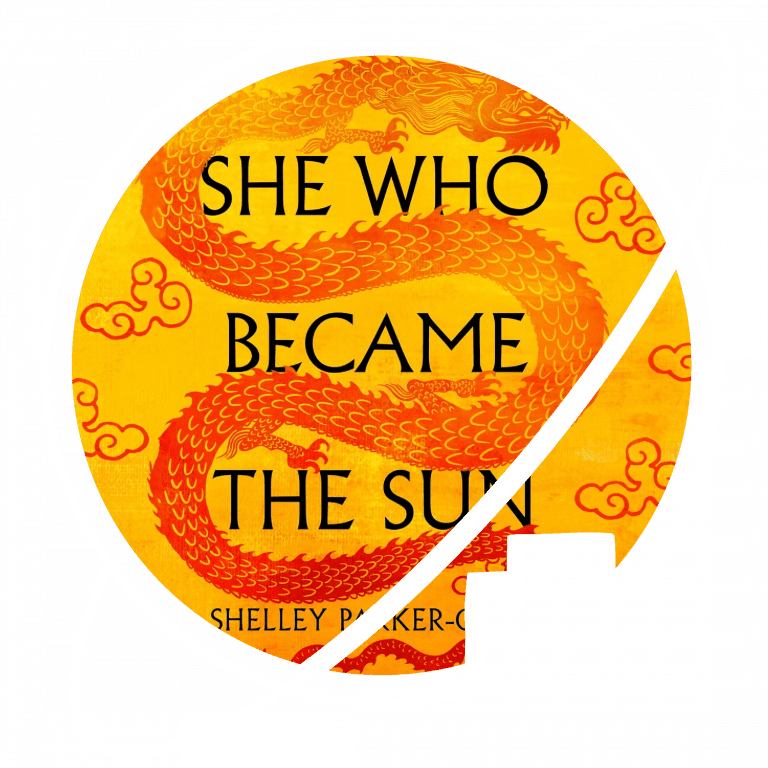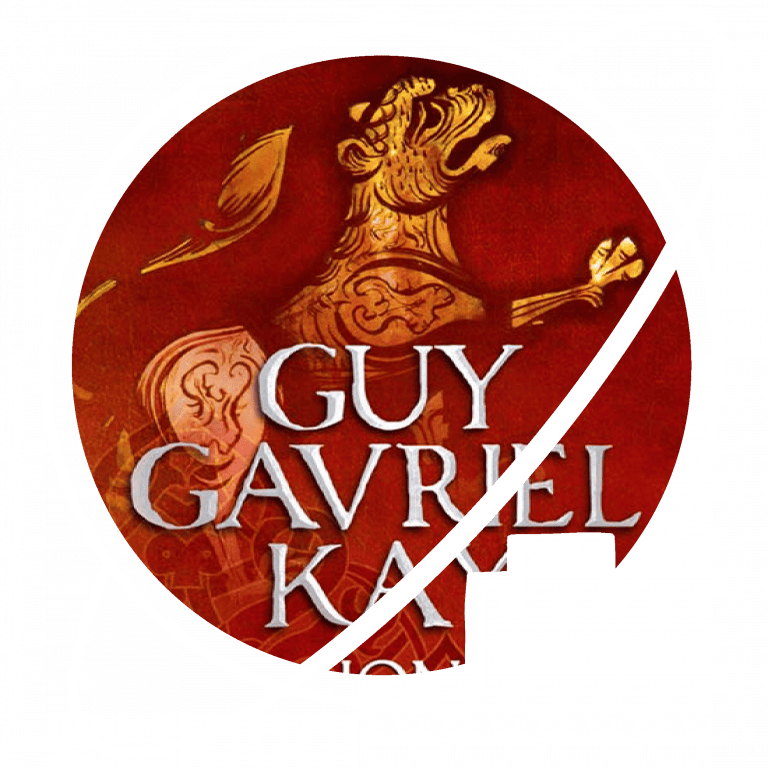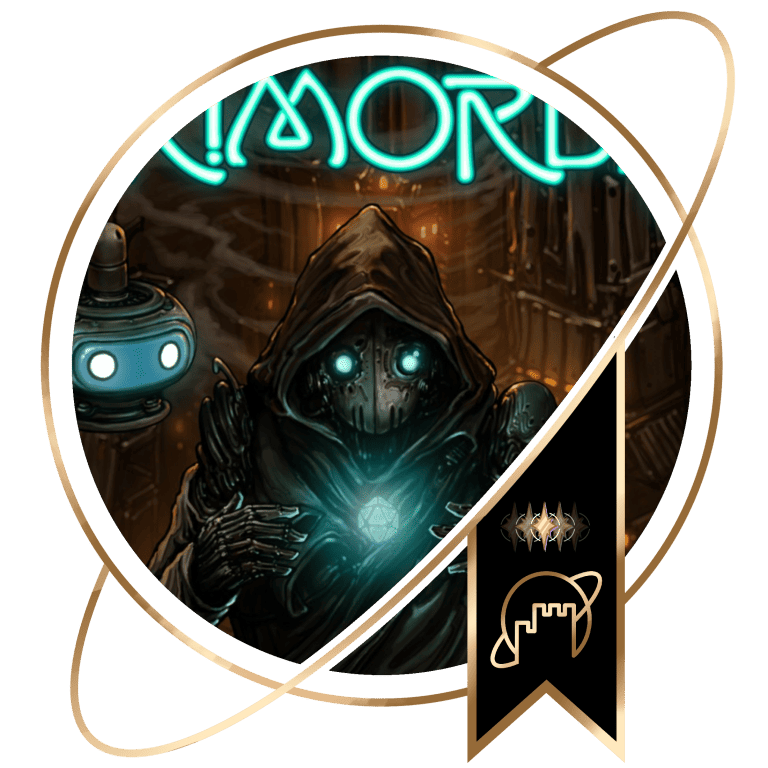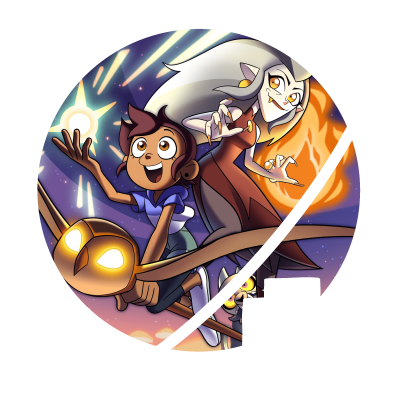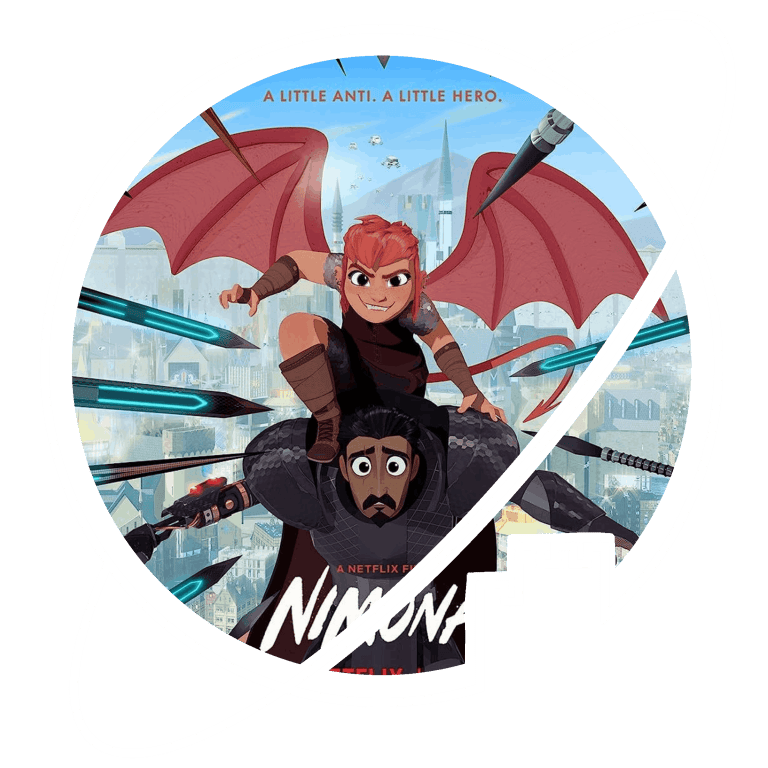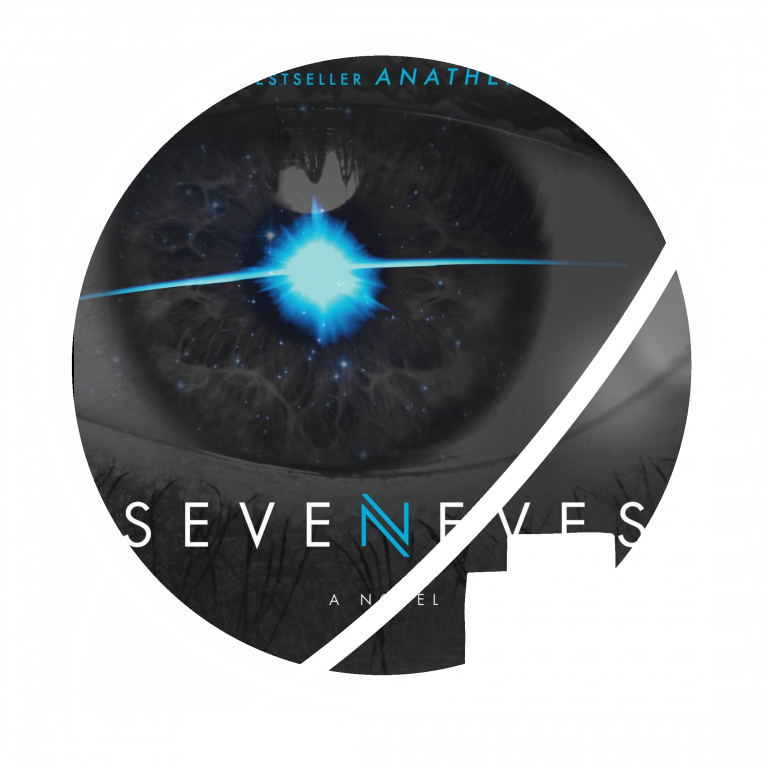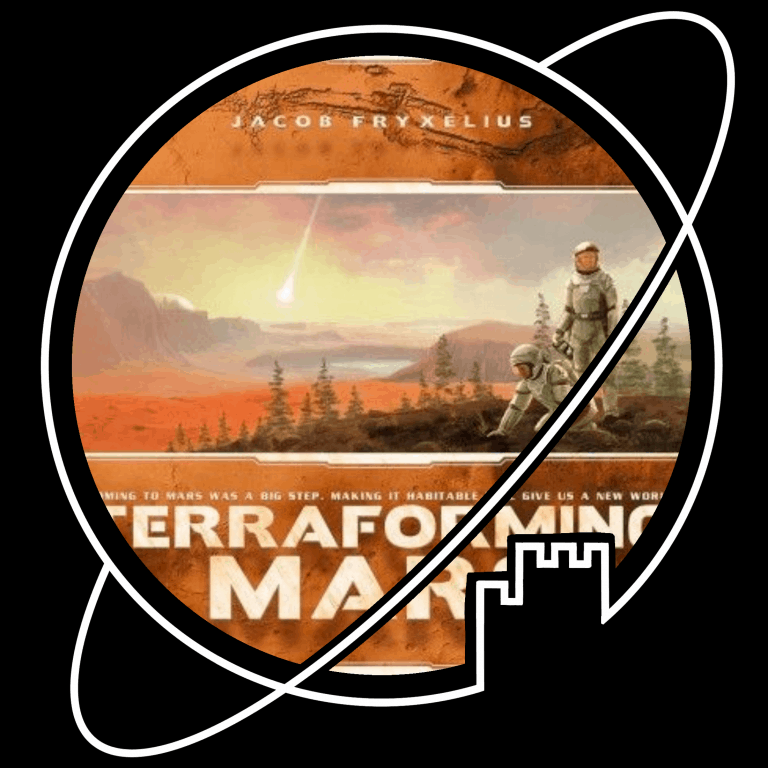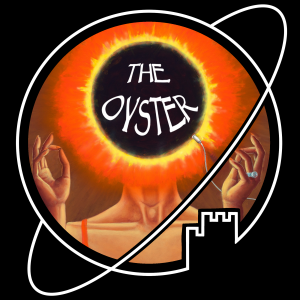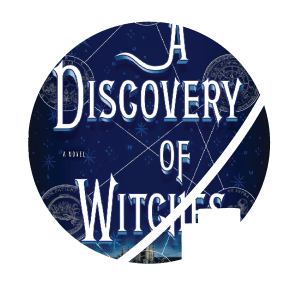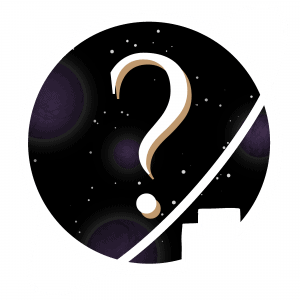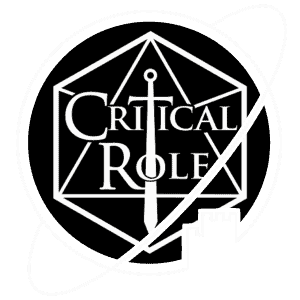Welcome to the Escape Velocity Collection!
We are an opinionated group of friends reviewing all sorts of fantasy and science fiction media. Don’t forget to get to know the curators and visit our curated Collection, where we discuss the stories that never cease to transport us to another world.
Will you escape with us?
LATEST POSTS:
- Short story collection written by Isaac Asimov
- Published December 2, 1950


As proposed by Peter, I read Asimov’s I, Robot as a first step in my training to become a science fiction connoisseur. Somewhat to both our surprise, I very much enjoyed it.
When I started reading I, Robot, I didn’t know what to expect, though I quickly suspected that the Will Smith on the cover would have little to do with the original stories written in the 1940’s. I struggled a little with the framing narrative introduction, something Peter eventually told me was probably created later to link all the stories in this collection together. The first story, however, was quick to capture my attention .The same was true for all the stories thereafter.
Despite its age, the prose of I, Robot is very approachable. Not only that, but I would say that the future Asimov paints still feels relevant: a world in which technology advances beyond our wildest dreams, but remains limited by petty human politics and emotions. Asimov’s worldbuilding of this future is misleadingly simple, focussing on the Three Laws of Robotics, a set of rules that together determine how robots can (or cannot) act. Most of the stories in this collection revolve around these premise. In some stories, the interaction between these laws is the main conflict, in other stories the question whether these laws have been broken, and if so, how? I had a lot of fun trying to solve the stories’ mysteries before the protagonists did. I suspect fans of hard magic systems might appreciate Asimov’s Laws of Robotics as well.
When it comes to characters and emotional beats, I, Robot has little to offer. All in all, only two stories came close to pulling my heartstrings. Though I liked Dr. Susan Calvin – the only major female character in this collection, I believe – and her ‘robots are much better than humans’ attitude, her characterization remains rather flat. The same goes for Powell and Donovan and their amusing shenanigans. All characters remain subservient to the central ideas in each story. The same can be said for the frame story, which ends rather abruptly without really saying something. Still, when you take some time to reflect on the different stories at the end, you’ll land on some (bleak) overarching questions and conclusions, that Asimov probably wanted to evoke.
In conclusion, after reading I, Robot I can certainly see how Asimov had a lasting impact on the science fiction genre. For all those that want to follow in my footsteps and wish to better acquaint themselves with this genre, I think I, Robot is indeed a good place to start this journey.
- Novel written by Tamsyn Muir
- Published September 10th, 2019
- Part one of the Locked Tomb series
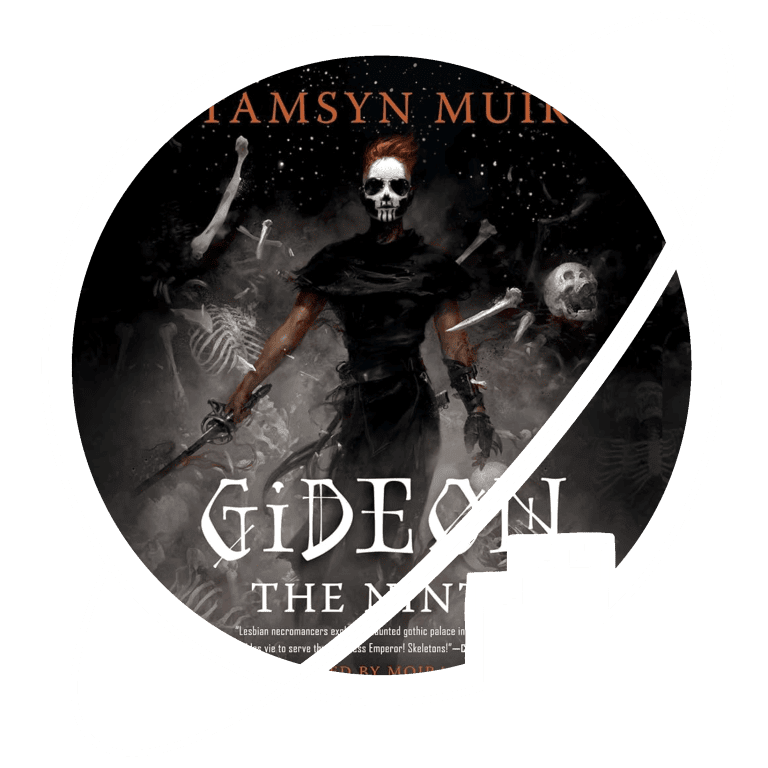

I’ve seen Gideon the Ninth around for a long time, and I was never hugely interested in reading it. I’ll be honest: I don’t care for the skull face paint, so I was never really drawn to the cover. I did know that other people were loving it, though. Recently I decided to go back to listening to audiobooks, and Gideon the Ninth was the first book I ended up listening to.
I have to preface this review by saying that I kind of struggle with audiobooks sometimes. I’m really bad at listening! If I were to rewind every time I noticed my attention drifting elsewhere, I’d have to rewind pretty much a whole book. I don’t think Gideon the Ninth was the right book to listen to for me, to be quite honest. A LOT happens, and there is a huge cast of characters. It even starts with a Dramatis Personae, which had me slightly worried. I think if I’d read the physical book it may have been easier for me to keep up with who’s whom. Overall I don’t think I missed out on a lot, but the characters did all blend into one a little bit (with some exceptions). If you don’t struggle with paying attention, I would really recommend the audiobook, because Moira Quirk does a phenomenal job of narrating this story.
Gideon the Ninth is one of those books that are very hard to categorise. It’s kind of fantasy, kind of sci-fi, kind of horror? At the same time, it’s really none of those genres. It’s always refreshing to find a book like this. It also means that it can be slightly harder to understand the characters and their motives. The book starts with Gideon wanting to escape the Ninth House, but while it is clear what she’s trying to escape from, it wasn’t at all clear to me where she wanted to escape to. Even at the end of the book, you don’t have much of a sense of what the universe of Gideon the Ninth is like. The novel doesn’t really evoke anything familiar, which means it has to work a little harder on the characters to keep the reader engaged.
The main characters are where Gideon the Ninth really shines. Gideon is a phenomenal main character, and her relationship with Harrowhark Nonagesimus is really fun to read. I also really enjoyed the character of Dulcinea Septimus.
The style of writing felt very young adult, but not in a bad way (because yes, I’m sorry, there IS a bad way). It is quite unusual in that the writing does not feel fitting to the setting of the story. However, it’s done in such an intentional way that it becomes a charming feature rather than a distracting one.
Overall I wish I would have read the physical book instead of listening to the audiobook. While the audiobook was great, I think I would have retained more if my mind hadn’t been able to wander so often. I may well be reading the sequel sometime soon!

Listened to the audiobook with Moira Quirk. No trouble with the narrator, but I have to agree with Lotte that a book that throws a dramatis personae your way, introduces a cast of characters with similar sounding silly names, then tosses them and re-introduces a completely different and even larger cast of characters with (somewhat) similar sounding silly names is perhaps best read rather than listened to. I’m generally an attentive listener, but it took me a few hours until I finally looked up fan drawings of the characters so I could start telling them apart. I didn’t feel like I missed much, though, which may or may not say a lot about this book and/or about me.
Gideon the Ninth is one of the weirder books I’ve read recently. I mean, whoever came up with a Halloween-decorations-spooky-science-fantasy-horror young adult novel about lesbian necromancers and also fencing? I certainly wouldn’t have. And to be honest, that’s maybe one of the reasons Gideon the Ninth didn’t click for me.
Tamsyn Muir deserves all kinds of credit for bringing together these tropes and creating perhaps one of the most unexpected novels put to paper over the last years. In a sense, it is what the speculative genre is all about: coming up with new ideas and combinations that trigger the imagination.
This time, though, the result sort of fell flat for me. Muir makes a very deliberate choice to have her teenagers in this science fantasy horror universe sound like, and act like, modern day teenagers. Which, let’s be real, is kind of cringe. Intentional cringe, but still cringe. This combines with the edgy Halloween-horror vibe and Warhammer-level over the top silly names (”Harrowhark Nonagesimus” “Coronabeth Tridentarius” “Priamhark Noniusvianus” – I did not just come up with those) for a level of cringe that was, frankly, a little much to stomach.
Now, I realise that edgy teenage cringe is probably a more interesting/original take on this kind of story than Grimdark Pessimism and Deep Suffering ™ would have been. Unfortunately, I seem to sometimes like Grimdark Pessimism and Deep Suffering ™ and edgy teenage cringe, well, not so much.
So, what we are left with is a story that is amazingly original and creative, but makes all the wrong choices for me to like it. Clearly the potential was there. Unfortunately, rather than focusing on word building, or an interesting hard-magic-necromancy-system, or complex politics between the houses, or even, really, a strong mystery plot, Muir goes for teenage rivalry and anxiety and hormones. The wider universe never really comes into focus, the nine houses are nominally different but I didn’t feel any depth to those differences, the plot is perfectly functional but not really set up for the reader to actually guess ahead of the characters so you’re really just along for the ride. In conclusion: not a bad book at all, but I am very much not the target audience.
One point I do need to go into though. The fencing. Our protagonist Gideon is a fencer! In fact, she does (two-handed) longsword (just like me!) and is then forced to switch over to (single handed) rapier. You can tell that Muir must have had some level of input from an actual HEMA (Historical European Martial Arts)-practitioner, because she gets too much right for it to be a mere coincidence. Fights are quick and decisive, weapons are used like they’re supposed to be used. Some of the best dueling scenes I’ve read in a long while! I’m honestly pretty impressed.
But I have a feeling she doesn’t actually fence herself. She describes Gideon’s trouble switching from longsword to rapier. Of course I’m not Gideon, but I’m a longsword fencer occasionally dabbling in rapier, and I can tell you that my main struggle is that you’re constantly trying to use a rapier as a cutting sword when it really isn’t well suited for that – besides that, principles from the bind aren’t all that different between rapier and longsword. Unlike Gideon, I was using my second hand just fine (but then, I also did some saber and messer, and we train wrestling with the sword on a semi-regular basis so I am not afraid of taking a hand off my grip every now and then). Still, the fact that I’m even able to have this kinds of a discussion is a win in my book!
Tagged:
- Action, Adventure, Atmospheric, Award winning, Bonding, Book, Character-Driven, Dystopian, Fantasy, Female Author, Horror, Humor, LGBTQ+, Locus Award, Low Fantasy, Mysterious Parentage, Mystery, Occult, Original Setting, Quest, Science Fantasy, Science Fiction, Series, Teenagers, Violence & Gore, Young Adult
See also:
- Book written by Shelley Parker-Chan
- Published 22 August 2023
- Part 2 in Radiant Emperor
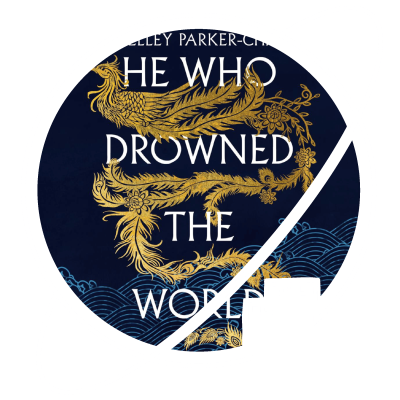

Listened to the audiobook with Natalie Naudus again – would definitely recommend the experience to make China actually sound Chinese.
I was very enthousiastic about She Who Became the Sun, a book I randomly picked up because of the Hugo nomination. Ever since I’ve finished it, I have been recommending it left and right, in particular for its historically plausible inclusion of 21st-century themes in a book set in medieval China. I’ve had the sequel to She Who Became the Sun on my release radar ever since I finished the first book, and I loaded He Who Drowned the World into my player almost the moment it became available.
And it did not disappoint!
He Who Drowned the World is a lot darker than She Who Became the Sun, and by ‘a lot’ I mean a big lot. The first book has some negative themes, such as revenge and body dysphoria. And of course, Zhu will literally and figuratively kill to reach her fate. But Zhu is, on the whole, an optimist with a positive drive.
He Who Drowned the World, however…
The second book focusses on Wang Baoxiang, the new Prince of Henan – as a point of view character in addition to Zhu. And he is one of the most tormented characters I’ve ever read, with frightening self-loathing and purpose dripping off the pages . Reading his chapters filled me with equal measures of disgust, pity and awe. To think this is only Parker-Chan’s second book and already she has developed such finesse in making her character’s deepest, darkest thoughts feel true makes you almost dread what torment she will bring to her pages in the future.
I would compare the darkness of He Who Drowned the World to Joe Abercrombie’s writing, but Parker-Chan doesn’t mix in the black British humour that Abercrombie does, making the read a whole lot heavier.
The darkness Wang Baoxiang injects into the narrative fits well with the theme of this second book. A whole cast of characters, each with their own glowing mandate of heaven, is vying for the throne of the Great Khan. As they battle each other for the best position to take on the capital of Dadu, each in turn is confronted by the cost of their great desire. What are they willing to sacrifice to become Great Khan? What must they do to make it all worth it?
I think this is a great theme for a novel which really drives home the point that ‘no really, they are all the villain’. Each of the pretenders tears apart those around them and must leave something of themselves behind to reach that one goal. In a way, He Who Drowned the World fits the frame of a classic Shakespearian tragedy very well.
So Parker-Chan deserves the highest praise for her character writing. Does the rest of the book hold up?
Well, it’s probably not what you’re reading the series for, but it is not bad either. He Who Drowned the World has nothing of the classic comfort we all know from the first book in a fantasy series, but rather dives straight into the action, both at court and on the battlefield. Really though, all of the plot is strictly in service of the character arcs of the main characters; and while there are tense moments, they exist for the characters to doubt their conviction rather than for any real chance the plan will fall apart.
I would even go as far as to say that the book has a bit of a weak point in Zhu’s naval campaign, in which Zhu comes up with increasingly far fetched and unlikely clever tricks to beat an opponent that by rights should have defeated her easily. I realise it is Zhu’s trademark from She Who Became the Sun, but it really rubbed me the wrong way this time; it fits with the annoying Hollywood trope of medieval battles always being a mess without any sort of organisation, that end up being won through too-clever-by-half techniques that would not work in real life (think about it, if random balls of flaming whatever-it-is-Hollywood-special-effects-teams-love would have won battles in history, we would have sources telling us about them). I have always felt that it shows a lack of respect for the medieval mind to suppose that these people just failed to come up with these brilliant, battle-winning stratagems that writers behind their 21st century desks dream up.
That – very personal – rant aside, I really enjoyed He Who Drowned the World – I think I blasted through it in only four or five days (admittedly, I had a sowing project to get through). I think it’s grimdark tone means it may be less appealing to some than She Who Became the Sun. But I think the character writing is some of the best out there, and if you are not put off by a dark tale of mental, physical and sexual violence, He Who Drowned the World is a gripping read you won’t be able to put down.
Tagged:
See also:

Collected on: September 24th 2023
- Video game developed by Wormwood Studios
- Directed by Mark Yohalem
- Published by Wadjet Eye Games
- Published in 2012
- Point-and-click adventure
- Playing time: 6-8 hours
- Platforms: Microsoft Windows, MacOS, Linux, iOS
Collected: Primordia is a beautiful and atmospheric point-and-click-game, following the story of Horatio Nullbuilt, an android living in a crashed ship in the desert wasteland, who has his life turned upside down when a hostile robot steals his ship’s power core. Horatio is determined to scavenge the post-apocalyptic wasteland for a new core, but Crispin, his self-built sidekick, suggests that perhaps it would be easier to find one in Metropol, the city of glass and light…
Jop: Welcome to this in-depth, spoiler-free discussion of the video game Primordia, which our curator Peter has added to the Escape Velocity Collection, a series of items that we believe represent the absolute peak of what the speculative genre has to offer.
I challenged Peter to defend his addition to the Collection – why should everyone pick up this point-and-click pixel art game about robots?
The first time I played this game was together with our shared friend Matt – I’m always a fan of playing these kinds of puzzle games together so you can bounce ideas off each other. I have really fond memories of trying to figure out some of the game’s challenges together. I remember I was on my bike cycling home and calling Matt to restart the game and try something because I had an epiphany – and it worked!
Since then, I’ve also played the game with/gifted the game to a bunch of other people, including my dad – and I’ve yet to find someone who didn’t like it.
I think Primordia does so well because (i) it is just a good point-and-click adventure, and (ii) because this simple pixel art indie game is perhaps the most atmospheric gaming experience I’ve ever encountered. The pixel art, the design, the music, the voice acting… It all works amazingly well, and you can get all that for just a couple of Euros. Who needs big 70 euros triple-AAA disasters upon launch if you can get lost in the world of Primordia?
Gameplay
We’ve already shared that Primordia is a point-and-click adventure game. This means that most of the gameplay can be summarized as “click on this object or that person to interact with it”. Most people wouldn’t consider this flashy or challenging, I believe.
That I’m not too picky about gameplay mechanics is already established, but I believe you’re usually more critical in this regard. If I remember it correctly, you didn’t care much for the point-and-click mechanics in Telltale’s The Walking Dead, for example. What did you think of these mechanics in Primordia?
Well, I think Primordia’s gameplay is probably best described as ‘good enough’, which seems faint praise but really, a point-and-click game kind of has a low ceiling when it comes to quality of gameplay. It is, more or less by definition, really simple. No, not all of the puzzles are equally intuitive, but most of them can be figured out within a couple of minutes of brainstorming. I don’t remember ever getting really stuck, or having to consult the all-knowing internet for a solution (also known as ‘cheating’).
What I like about Primordia (and, for that matter, Strangeland, Wormwood’s other point-and-click-game) is that the game recognises that the player might get stuck, and allows them an in-game mechanic for getting hints. In Primordia, that’s clicking your companion Crispin, who is generally not that bright (pun intended) so having to resort to him for help seems punishment enough in and off itself.
The existence of this mechanic also shows that the creators weren’t too bothered about the ‘challenge’ but encouraged players to keep moving in the story and explore more of the world.
You reference The Walking Dead, and while I liked that game, I remember experiencing more of a – fancy term incoming – ludo-narrative disconnect, that is to say, feeling like the player’s actions made little sense in the game world. The Walking Dead constantly puts the player in narratively time-sensitive situations that are not reflected in the gameplay. Similarly, the controls of The Walking Dead mirror those of a third person action game far more closely, while really not allowing for much action. Now, The Walking Dead is a far more cinematic type of game, so I suppose it all makes sense. But the result was that The Walking Dead put me in the mindset of an action game without actually delivering on that promise, while Primordia is just… utterly relaxing. The developers’ commentary to Primordia actually mentions their decision making process and choice not to include time-based gameplay in the game, and I couldn’t agree more with that decision.
You already briefly mentioned the puzzles and how they – or at least a majority of them – are not likely to make you smash your computer due to helplessness to solve a dilemma. I tend to agree, though I’m not ashamed to admit that some of them had me walk in circles for a long while before I thought of a way forward. Though I’m too stubborn a person to give up in those circumstances, I can imagine that a sparring partner or – as you call it – a little cheating might benefit others in retaining their sanity.
Something I think is worth mentioning in regards to the puzzles; some of them can have an impact on the game’s endings (yes, there are multiple possible endings in this game). I only discovered this after finishing the game, and when I spoke to you about it, even you seemed a little surprised. As I’m always a big fan of choice matters and different endings in games, I loved it. Still, one might argue that it’s somewhat unfair to block unwitting players from certain endings, depending on how they solved specific puzzles. What do you think of this feature?
I absolutely love it! I think it is a great example of the hidden depth in this seemingly simple game. I remember the first time I spoke to someone else who finished the game, and we were so confused, until we figured out it just hadn’t ended the same way for both of us.
Sure, most of the game will be more or less the same for everyone – but the fact that some things change – that you can get some things ‘right’ or ‘wrong’ without triggering a ‘game-over’-type fail state, the fact that you can (sometimes quite literally) short-circuit some of the puzzles but as a result might miss out on some lore or disappoint one of the characters – it all adds to the subtle feeling that the world is real and you’re not just clicking through some screens to get to the credits.
I’m not claiming that Primordia is a work of philosophy, but at times, the game asks some surprisingly ‘deep’ questions and I am glad the answers you give to some of those are reflected in the conclusion.
I don’t mind that it is not something you necessarily know about on your first playthrough – though I guess we’ve spoilered it here – but I think it helps prevent metagaming: people making certain choices not because of the choice but because of the ending they want to get to. If you’re going into a game like Primordia with that kind of mindset, trying to ‘optimise’ at every juncture, I think you might ruin the experience for yourself.
Setting and Art
I agree that the setting may sound unoriginal at first description – there are plenty of robot-survives-man-type post-apocalyptic stories out there (Sea of Rust immediately jumps to mind as a pretty similar example).
What makes Primordia special is not so much the premise as the execution. It looks gorgeous. Primordia is a modern pixel art game with a very limited blue-brown-orange colour palette: brown-orange for the desert and the rusted junk that makes up the world; blue for polished steel and the light emanating from power sources. The limited colours really unify the world and drive home a particular feeling of silent and slow decay. Simple rain animation makes a place like the junkyard really feel like the most dreary spot in the desert. Moreover, the design of all the machinery, with slightly weird, knobbly, almost jugendstil-ish vaguely organic rounded shapes is just phenomenal. Primordia really has its own, recognisable style that I’ve not found anywhere else. The game is so simple, and yet the world looks so good – perhaps the world looks so good because the game gives you plenty of time to look at it.
I also really like the sound design and voice acting. Horatio and Crispin’s banter is top notch, and so are some of the other characters (I love Ever-Faithful’s disappointed ‘but nay wanderer…’) You often hear haunting, tinny voices over the radio or record player to fill the silence, really adding to the vaguely unsettling post-apocalyptic world. The same goes for the music. I’ve listened to the soundtrack a thousand times, I think. It is this great mix of more creepy, heart-thumping music and really relaxing tunes that make you want to sit in that beautiful chair on top of the Unnic and go stargazing for an evening.
Characters
I would argue that Primordia is ultimately the story of one character, namely that of Horatio, the character the player gets to control. A hermit scavenger with a past that seems a mystery even to him. As the game progresses, you get the chance to discover more of his background and get a say in what Horatio’s future might look like.
It didn’t take long for me to grow fond of Horatio. His voice, gruff demeanour and cynical humour reminded me very much of The Witcher’s Geralt, and – as you already mentioned – his banter with sidekick Crispin is a delight to witness. But also, I was invested in his quest. Thematically, I would say his story revolves around the question if one can escape their past. Can we forge a new path forwards for ourselves? Or are we forever bound to our initial programming?
What do you think of Horatio as a protagonist? Do you agree with my analysis?
Hahaha, I can see some of why you would compare Horatio to Geralt, but I think we should manage expectations here – he is not as good-looking as Henry Cavill, and I feel like Horatio is a lot kinder than Geralt at heart. I feel like, if he didn’t have to, Horatio wouldn’t hurt a fly, wouldn’t meddle in anyone’s affairs, and would just sit on that chair I mentioned before and enjoy the quiet of the wasteland. If S.C.R.A.P.E.R. hadn’t interfered, none of the game would have happened and he and Crispin would still happily be tinkering away at the UNNIC.
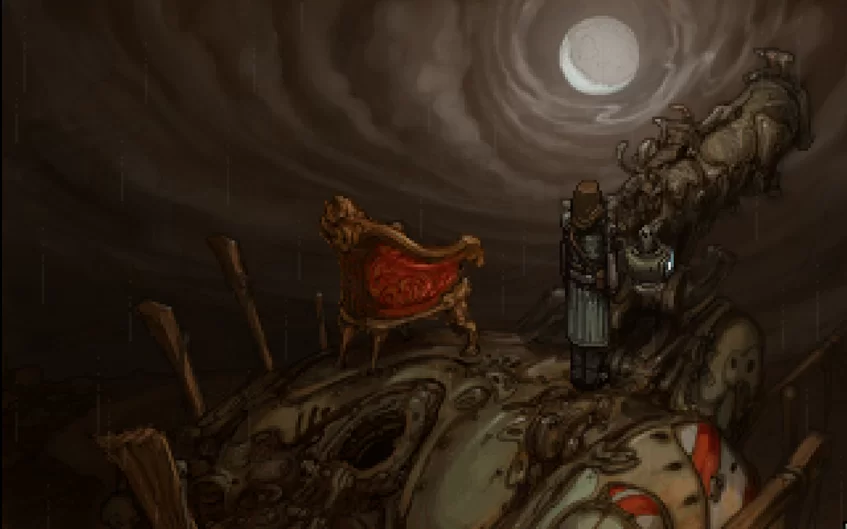
I suppose that is at least a part of why I was so engaged with Horatio’s struggle with his past. Without giving too much away, I don’t think Horatio likes what he learns about himself very much. And yet, like Horatio himself, the player is driven by a sort of inevitable curiosity to find out more. Again, I don’t want to spoil too much, but I think that the players gets to answer some of the questions you mention – whether you can be free of the past – themselves in the final sequences. But I really shouldn’t say more.
Yeah, I love Crispin. <3 He is the best, the very best. I wish I could hug him. I would seriously consider building a life-sized Crispin just to have him around in my life and encourage me with snarky lines on his lack of arms and occasionally not too bright comments.

Which actually makes me think. Wouldn’t a Primordia cosplay be AMAZING? I think it would actually be doable, though Horatio with his long coat and hood would be a lot easier than Clarity or some of the other characters. S.C.R.A.P.E.R. is just a box with arms, basically. I guess you’d have to find a dog or someone willing to crawl on all fours to be Ever Faithful… That’d be a project. It’d just be a pity that probably no-one would recognise who you were… which is a damn shame because they should all be playing Primordia!
Conclusion
- TV show developed by Dana Terrace for Disney
- Starring Sarah-Nicole Robles, Wendie Malick, Alex Hirsch, Tati Gabrielle, Issac Ryan Brown, Mae Whitman, Cissy Jones, Zeno Robinson, Matthew Rhys, Michaela Dietz and others
- Released in 2020
- 3 Seasons with mostly episodes of 20 minutes

When Jasmijn and I started watching The Owl House – only a few weeks ago at the time of writing this review – I mostly expected an animation series with a typical “some plot and a lot of filler episodes”-structure, quirky humour and some likeable characters. What I got was a unique fantasy/horror comedy setting with deep lore, many character-driven subplots and an impeccable pacing. And then I haven’t even mentioned the strong cast of characters!
The Owl House has a compelling main plot with plenty of mysteries and a main antagonist that suits the central themes of the story: the importance and beauty of wholly being yourself and the legitimacy of found families. Each character explores these themes in different yet interesting ways. Sure, I have a specific fondness for these kinds of stories, but I think the quality of the writing and humour make The Owl House especially accessible. Additionally, the cast represents so many different identities! Best of all, unlike in real life, never are these identities a part of the characters’ issues. Sure, they have struggles, personal goals and difficult people they have to deal with. However, things like their sexual preference or gender identity are never controversial. This kind of representation is still rare in media nowadays, but a treat to behold. And remember, this is Disney production. The creators had to fight for every crumb of LGBTQ+ representation. To name a few examples of the diversity that are canon and actually visible… We have a Latina bisexual female protagonist. A cool mentor character that suffers from a magical interpretation of a chronic illness. An older non-binary character using they/them pronouns. Asexual characters, lesbian characters, characters that have two dads, genderqueer characters etc. It’s an universal story.
I would also like to very much praise the art and animation of this series. Though I wasn’t immediately sold on the aesthetics of the Boiling Isles setting, I quickly came to appreciate how it fits the worldbuilding and main themes. Also, there were multiple action/fighting scenes that really had me excited because of the smooth animation!
Unfortunately, many wonderful series get cancelled too quickly. Series that have important stories to tell and the right loveable yet complex characters to tell them with. The Owl House is definitely one of these series. Luckily, the creators still got the chance to end things in a satisfactory way.
I can honestly say this show will forever be one of my comfort go-to’s. #Lumity
Tagged:
See also:
- Book written by Kim Stanley Robinson
- Published April 1996
- Part 3 of the Mars Trilogy
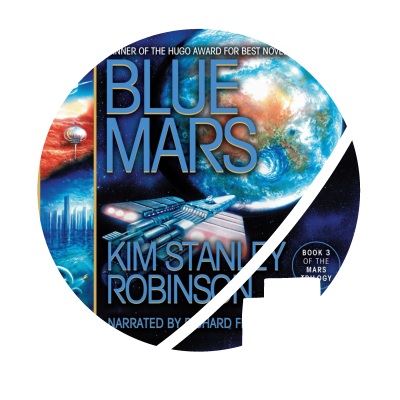

Listened to the audiobook with Richard Ferrone – narration fits with the book really well.
Blue Mars continues the evolution of the Mars-trilogy: from the intra-group politics of Red Mars, to the Martian politics of Green Mars, Blue Mars now brings us interplanetary politics involving not just the Earth and Mars, but the inhabitants of the rest of the solar system as well.
Interestingly, with the increasing scope of the narrative, it felt as if Robinson was able to let go of the need to describe every stage in the story. Instead, Blue Mars returns to more of a patchwork of separate stories that are actually much closer to some of the characters in the story. As a result, even though the book covers a lot more time and space than the previous works, it feels at least as character-driven as Red Mars.
Blue Mars is also a lot more diverse than either Red or Green. As Mars undergoes terraformation, its climate and biosphere grow more robust and varied – and so the action doesn’t just take place on red desert or white ice, but on biotopes nearly as diverse as those on Earth. In addition, without giving away more than necessary, Blue Mars takes some of our main characters off-planet on expeditions to places familiar and new. All in all, not a page of the book feels stale, or a rehash of what the trilogy has done before.
That being said, this is still the Mars-trilogy, with its trademark deep dives into areology (that is to say, the geology of Mars), sociology, politics and, in Blue Mars, even the biochemistry of memory and a little string theory (I am not making this up!). And if you’ve gotten to this point in the trilogy without giving up, I am sure you’ll enjoy those tangents too!
If you’ve read the first two books, you’ll know what to expect: a novel that puts the science in science fiction, while intimately close to a set of characters that are each struggling with their relationships to those around them, and with their role in the colonisation of Mars.
Above all else, Blue Mars is a very satisfying conclusion to an ambitious trilogy, and a cli-fi novel that wrests a hopeful ending from the jaws of realism – perhaps that final achievement alone makes it worthy of the 1997 Hugo!
Tagged:
See also:
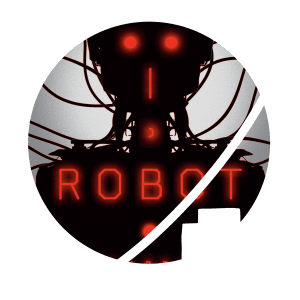
Review: I, Robot – Isaac Asimov
In I, Robot by Isaac Asimov, a collection of short stories, the famous robopsychologist Dr. Susan Calvin reflects on the history of robotics and how it changed the lives of humankind forever. What is the meaning of the Three Laws of Robotics and how do these laws work in practice? What can we learn from our interactions with robots? And what can they learn from us?
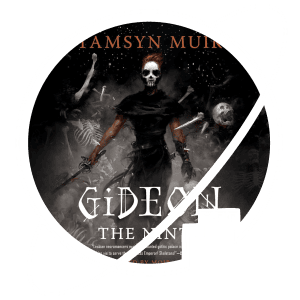
Review: Gideon the Ninth – Tamsyn Muir
“Gideon the Ninth” by Tamsyn Muir is a sci-fi/fantasy/horror novel set in a decaying universe ruled by necromancers. The story follows Gideon Nav, a sword-wielding cavalier, who is forced to join forces with her lifelong nemesis, the powerful necromancer Harrowhark Nonagesimus. Together, they are summoned to Canaan house, a derelict palace on a foreign planet to compete in a deadly trial. As they navigate dark secrets, mysterious deaths, and treacherous alliances, Gideon and Harrowhark must put aside their animosity and unravel the truth behind the ancient necromantic conspiracy that threatens to destroy the empire.
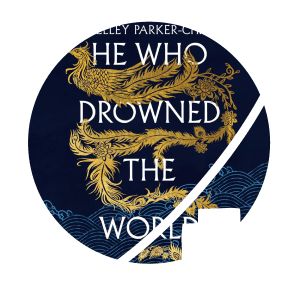
Review: He Who Drowned the World – Shelley Parker Chan
Part 2 in the Radiant Emperor – Zhu Chongba having become Zhu Yuanzhang, the Radiant King, and shown her desire to the world, she must now find a way to take Dadu, the Yuan capital, and take the title of Great Khan for herself. She is not the only one fighting for this position, however. General Ouyang, the eunuch general who betrayed the Great Yuan, is still out for the ultimate revenge. Madame Zhang is looking for a means to put her husband – whoever he might at that time be – on the throne. And Wang Baoxiang, the new Prince of Henan, has dark plans of his own. As the power struggle in court and on the battlefield reaches a fever pitch, the question becomes: will it be worth all the sacrifices made along the way?

Collected: Primordia by Wormwood Studios
COLLECTION: Primordia is a beautiful and atmospheric point-and-click-game, following the story of Horatio Nullbuilt, an android living in a crashed ship in the desert wasteland, who has his life turned upside down when a hostile robot steals his ship’s power core. Horatio is determined to scavenge the post-apocalyptic wasteland for a new core, but Crispin, his self-built sidekick, suggests that perhaps it would be easier to find one in Metropol, the city of glass and light…
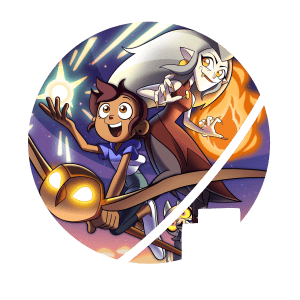
Review: The Owl House – Dana Terrace
The Owl House is an animation series in which teenager Luz accidentally steps through a portal to the magical world of The Boiling Isles. Here she becomes an apprentice to the witch Eda, and gradually discovers the hidden strengths within herself and others. What’s wrong with being weird?

Review: Blue Mars – Kim Stanley Robinson
Part 3 in the Mars Trilogy – With the terraformation of Mars well underway and the Earth recovering from a series of apocalyptic floods that reshuffled the deck of power, tensions between the planets start to rise as overpopulated Terra views the the unsettled lands of Mars with jealous eyes. Once more, the members of the First 100 must play their part in the politics that ensue to save the Red Planet from a wave of Terran imigration that will swamp the ambitious Utopian project on Mars.








